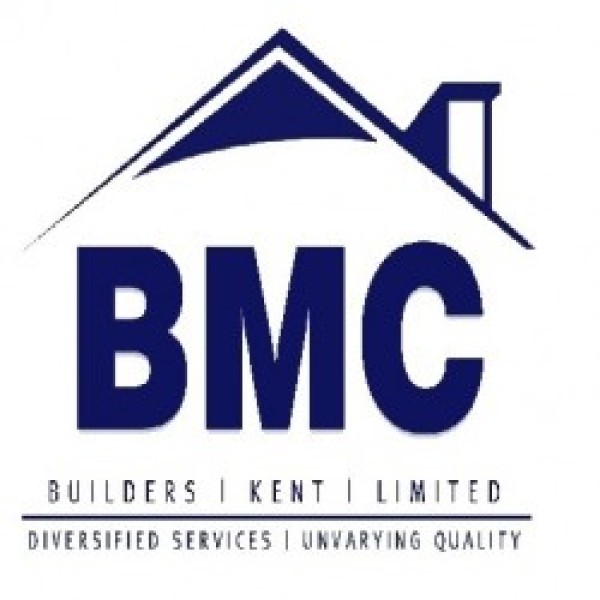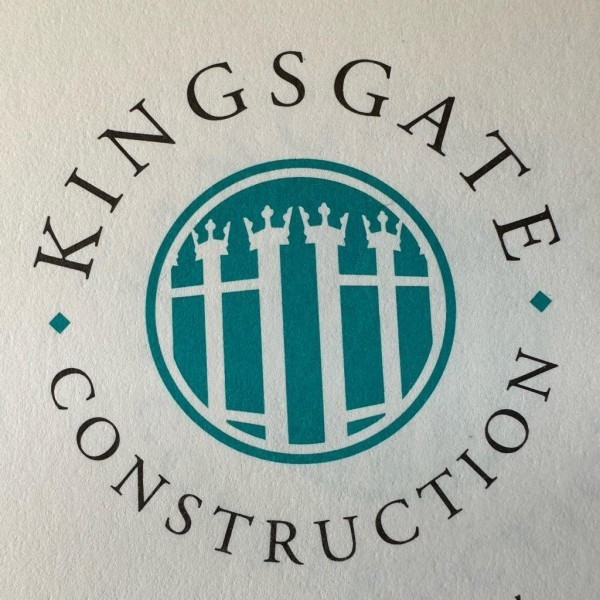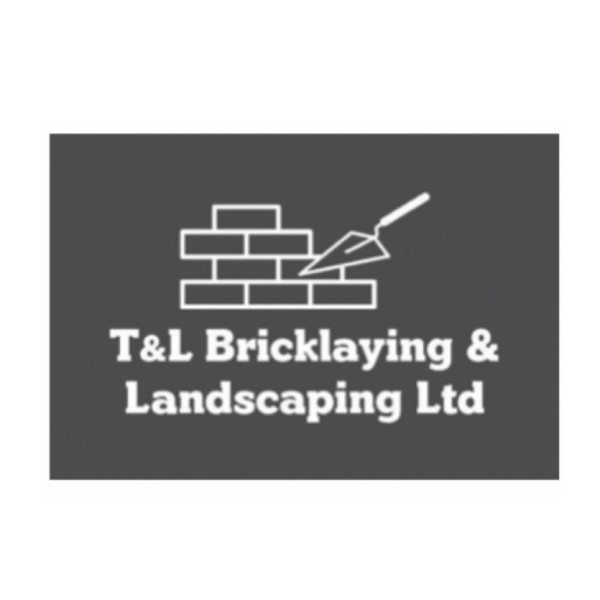Introduction to Builders in Royal Tunbridge Wells
Royal Tunbridge Wells, a charming town nestled in the heart of Kent, is renowned for its picturesque landscapes and historical architecture. As the town continues to grow, the demand for skilled builders in Royal Tunbridge Wells has surged. These professionals are the backbone of the town's development, ensuring that both new constructions and renovations maintain the area's unique character. In this article, we'll explore the multifaceted world of builders in Royal Tunbridge Wells, delving into their roles, the services they offer, and the impact they have on the community.
The Role of Builders in the Community
Builders in Royal Tunbridge Wells play a pivotal role in shaping the town's infrastructure. They are responsible for constructing residential homes, commercial buildings, and public facilities. Their work not only provides essential services but also enhances the aesthetic appeal of the town. Builders collaborate with architects, engineers, and local authorities to ensure that projects meet safety standards and adhere to planning regulations.
Moreover, builders contribute to the local economy by creating jobs and supporting local businesses. They often source materials from nearby suppliers, fostering economic growth within the community. Their expertise is crucial in preserving the town's historical buildings, ensuring that renovations respect the original architecture while incorporating modern amenities.
Types of Building Projects
Builders in Royal Tunbridge Wells undertake a variety of projects, each requiring a unique set of skills and expertise. These projects can be broadly categorised into residential, commercial, and public works.
- Residential Projects: These include the construction of new homes, extensions, and renovations. Builders work closely with homeowners to create spaces that are functional and aesthetically pleasing.
- Commercial Projects: Builders construct office buildings, retail spaces, and other commercial properties. These projects often require a focus on efficiency and sustainability.
- Public Works: This category encompasses the construction of schools, hospitals, and other public facilities. Builders must adhere to strict regulations to ensure the safety and accessibility of these structures.
Essential Skills and Qualifications for Builders
Builders in Royal Tunbridge Wells must possess a diverse set of skills to succeed in their field. Technical proficiency is paramount, as builders must understand complex blueprints and construction techniques. They should also have a keen eye for detail, ensuring that every aspect of a project is executed to perfection.
In addition to technical skills, builders need strong problem-solving abilities. Construction projects often encounter unforeseen challenges, and builders must be able to devise effective solutions quickly. Communication skills are equally important, as builders must collaborate with clients, architects, and other stakeholders.
Qualifications and Training
Most builders in Royal Tunbridge Wells begin their careers through apprenticeships, gaining hands-on experience while studying for relevant qualifications. Common qualifications include NVQs (National Vocational Qualifications) in construction-related fields. Some builders may also pursue further education, such as diplomas or degrees in construction management or civil engineering.
Continuous professional development is crucial for builders, as the industry is constantly evolving. Builders must stay abreast of new technologies, materials, and regulations to remain competitive and deliver high-quality work.
Choosing the Right Builder for Your Project
Selecting the right builder is a critical decision that can significantly impact the success of your project. When choosing a builder in Royal Tunbridge Wells, consider the following factors:
- Experience: Look for builders with a proven track record in projects similar to yours. Experienced builders are more likely to anticipate potential challenges and deliver high-quality results.
- Reputation: Seek recommendations from friends, family, or online reviews. A builder with a strong reputation is likely to provide reliable and satisfactory service.
- Communication: Choose a builder who communicates clearly and regularly. Effective communication ensures that your vision is understood and executed accurately.
- Budget and Timeline: Discuss your budget and timeline with potential builders to ensure they can meet your requirements. A transparent builder will provide a detailed quote and realistic timeline.
Understanding Building Regulations and Planning Permissions
Building regulations and planning permissions are crucial aspects of any construction project in Royal Tunbridge Wells. Builders must navigate these regulations to ensure compliance and avoid potential legal issues.
Building regulations set standards for the design and construction of buildings, ensuring safety, health, and energy efficiency. Builders must adhere to these standards, which cover aspects such as structural integrity, fire safety, and accessibility.
Planning Permissions
Planning permissions are required for certain types of construction work, such as new builds or significant alterations to existing structures. Builders must submit detailed plans to the local planning authority, demonstrating that the project aligns with local development policies.
Obtaining planning permission can be a complex process, but experienced builders are well-versed in navigating these requirements. They work closely with clients and local authorities to ensure that projects proceed smoothly and legally.
The Impact of Sustainable Building Practices
Sustainability is a growing concern in the construction industry, and builders in Royal Tunbridge Wells are increasingly adopting eco-friendly practices. Sustainable building practices aim to reduce the environmental impact of construction projects while enhancing the efficiency and longevity of structures.
Builders can incorporate sustainability into their projects in several ways, such as using renewable materials, implementing energy-efficient designs, and minimising waste. These practices not only benefit the environment but also offer long-term cost savings for clients.
Renewable Materials
Using renewable materials is a key aspect of sustainable building. Builders may opt for materials such as bamboo, reclaimed wood, or recycled metal, which have a lower environmental impact than traditional materials.
These materials are often more durable and require less maintenance, providing long-term benefits for building owners. Additionally, using locally sourced materials can further reduce the carbon footprint of a project.
Technological Advancements in Construction
The construction industry is constantly evolving, with new technologies transforming the way builders in Royal Tunbridge Wells approach their work. These advancements enhance efficiency, accuracy, and safety on construction sites.
One significant technological advancement is the use of Building Information Modelling (BIM). BIM allows builders to create detailed digital representations of a project, facilitating collaboration and improving decision-making throughout the construction process.
3D Printing and Robotics
3D printing and robotics are also making waves in the construction industry. 3D printing enables builders to create complex structures with precision and speed, reducing waste and labour costs. Robotics can automate repetitive tasks, improving efficiency and safety on construction sites.
These technologies are still in their early stages, but they hold great potential for revolutionising the construction industry in the coming years.
Challenges Faced by Builders in Royal Tunbridge Wells
Despite their essential role in the community, builders in Royal Tunbridge Wells face several challenges. One significant challenge is the fluctuating demand for construction services, which can impact job stability and project availability.
Builders must also contend with rising material costs, which can strain budgets and affect project timelines. Navigating complex regulations and obtaining necessary permits can be time-consuming and challenging, requiring builders to stay informed and adaptable.
Labour Shortages
Labour shortages are another pressing issue for builders. The construction industry is experiencing a skills gap, with fewer young people entering the field. This shortage can lead to delays and increased costs for construction projects.
To address this challenge, builders are investing in training and apprenticeship programmes to attract and retain skilled workers. By fostering a new generation of builders, the industry can ensure its continued growth and success.
The Future of Building in Royal Tunbridge Wells
The future of building in Royal Tunbridge Wells is bright, with numerous opportunities for growth and innovation. As the town continues to expand, builders will play a crucial role in shaping its development and preserving its unique character.
Embracing sustainable practices and technological advancements will be key to the industry's success. By prioritising eco-friendly designs and leveraging new technologies, builders can create structures that are both functional and environmentally responsible.
Community Engagement
Community engagement will also be essential for the future of building in Royal Tunbridge Wells. Builders must work closely with residents and local authorities to ensure that projects align with the community's needs and values.
By fostering open communication and collaboration, builders can create spaces that enhance the quality of life for residents and contribute to the town's vibrant culture.
Frequently Asked Questions
- What services do builders in Royal Tunbridge Wells offer? Builders offer a range of services, including new construction, renovations, extensions, and maintenance for residential, commercial, and public projects.
- How do I choose the right builder for my project? Consider factors such as experience, reputation, communication skills, and budget when selecting a builder. Seek recommendations and review past projects to ensure a good fit.
- What qualifications do builders need? Builders typically complete apprenticeships and obtain NVQs in construction-related fields. Continuous professional development is important to stay updated with industry changes.
- What are building regulations? Building regulations set standards for construction projects to ensure safety, health, and energy efficiency. Builders must comply with these regulations to avoid legal issues.
- How are builders incorporating sustainability? Builders use renewable materials, implement energy-efficient designs, and minimise waste to reduce the environmental impact of construction projects.
- What challenges do builders face? Builders face challenges such as fluctuating demand, rising material costs, labour shortages, and navigating complex regulations.
In conclusion, builders in Royal Tunbridge Wells are integral to the town's development and prosperity. Their expertise and dedication ensure that the town's infrastructure meets the needs of its residents while preserving its historical charm. As the industry continues to evolve, builders will play a vital role in shaping the future of Royal Tunbridge Wells, creating spaces that are both innovative and sustainable.
























